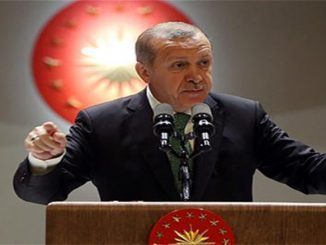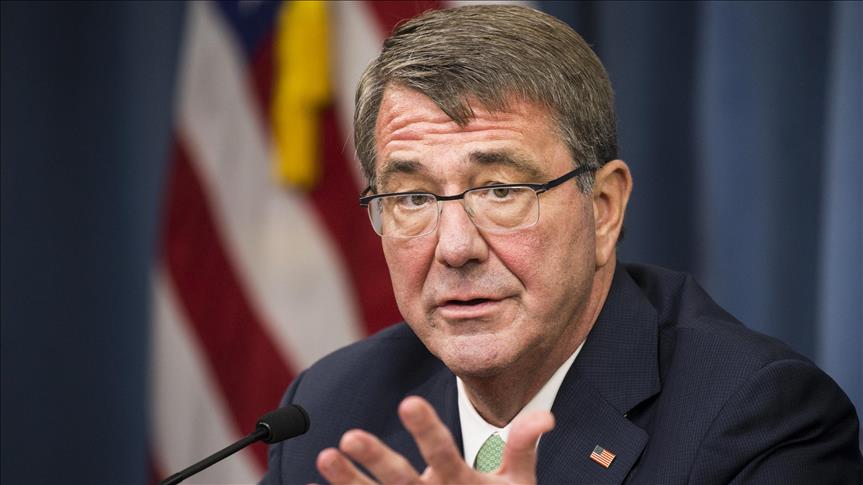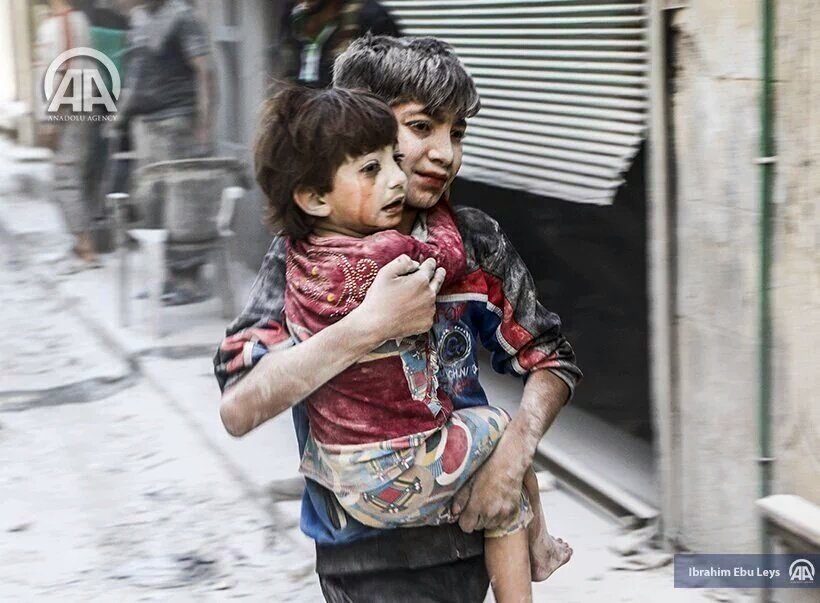
Syrian rebels backed by Turkish special forces, tanks, and warplanes entered one of Islamic State’s last strongholds on the Turkish-Syrian border on Wednesday, and cutting the route on Kurdish militias that were planning to take the city and widen the control over northern Syria.
“This morning at 4 a.m. (0100 GMT) an operation started in northern Syria against terror groups which constantly threaten our country, like ISIS (Islamic State) and the PYD,” Erdogan said in a speech in Ankara.
A column of at least nine Turkish tanks crossed into Syria with the group of largely Arab and Turkmen rebels to drive Islamic State out of Jarablus and surrounding villages. A Reuters reporter at the border witnessed intense bombardments, with palls of black smoke rising around the town.
Rebel commanders said most of the ISIS militants subsequently retreated.
U.S. Vice President Joe Biden, who arrived in Turkey, a key NATO ally with its second-biggest armed forces, on a pre-planned trip hours after the operation began, tried to soothe Turkish concerns about Kurdish territorial gains in Syria.
Biden said Washington had made clear to Kurdish militia fighters that they should return east of the Euphrates river again – a red line for Turkey – after helping to capture the city of Manbij south of Jarablus from Islamic State this month.
“They must go back across the river. They cannot, will not, and under no circumstances get American support if they do not keep that commitment. Period,” he told a joint news conference in Ankara with Turkish Prime Minister Binali Yildirim.
Kurdish response
Saleh Muslim, head of the Kurdish PYD, wrote in a tweet that Turkey was entering a “quagmire” in Syria and faced defeat there like Islamic State. Redur Xelil, the spokesman for the Syrian Kurdish YPG militia, said the intervention was a “blatant aggression in Syrian internal affairs”.
Kurdish groups control swathes of northern Syria where they established de facto autonomy. The YPG, armed wing of the PYD, took control of most of Hasaka city on Tuesday, about 250 km (155 miles) east of Jarablus.
That growing Kurdish influence has alarmed Ankara, which is fighting its own insurgency with militants from the outlawed Kurdistan Workers Party (PKK), blamed by the government for an escalation of attacks in the southeast of Turkey.
The SDF – which is dominated by the PYD’s military wing, the Popular Protection Units (YPG) – drove IS militants out of the strategically important town of Manbij, 30km (20 miles) the south, this month.
After Manbij, Jarablus was the next goal for the Kurdish militias to complete their control over the northern of Syrian, as they have already controlled wide areas of it using the US support under the name of fighting ISIS.
However, US’ friendship has its limits, and it will be stripped away when the US sees a change against its benefits.
Repairing the strained relations
Joe Biden is in Turkey to try and reset relations strained by the fallout from last month’s failed coup attempt. Turks felt they did not get a clear message of support from Washington so Mr. Biden is doing everything he can to send one – including deliberate comparisons to the trauma Americans suffered after the 9/11 attacks.
The Turkish government is also upset by America’s alliance with Kurds in northern Syria. It believes they are linked to Turkish Kurds who are battling Ankara. The US finds the Syrian Kurds an effective force against Islamic State militants but the Turks fear the alliance is helping them gain territory for an autonomous zone along the Turkish border. Kurdish militias
A US official traveling with Mr. Biden admitted that some Kurdish fighters had pushed further north than they should have and said Turkey’s offensive on IS in Jarablus was probably partly to create a buffer zone against any further Kurdish advance. Kurdish militias
But he said the US had “put a lid” on any more such moves, creating a breathing space for the Jarablus operation, which the US supports and to which it is ready to contribute.



